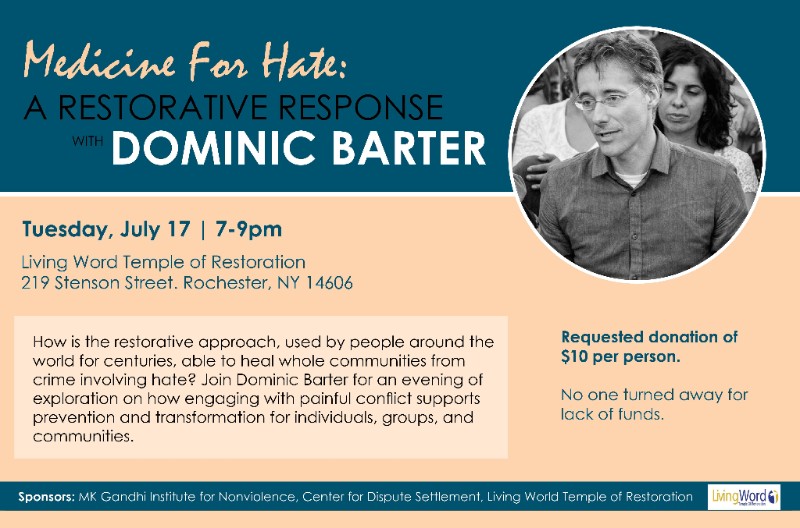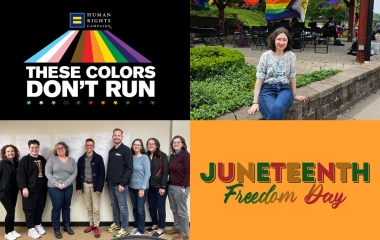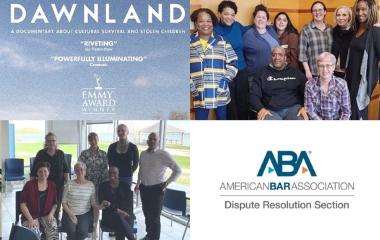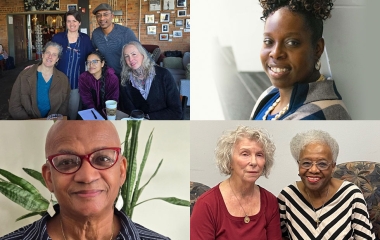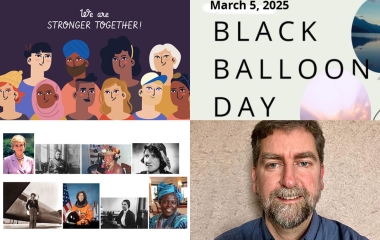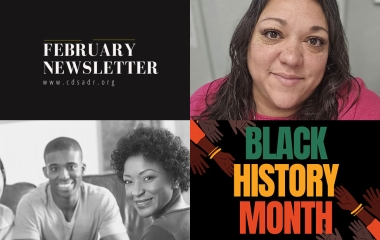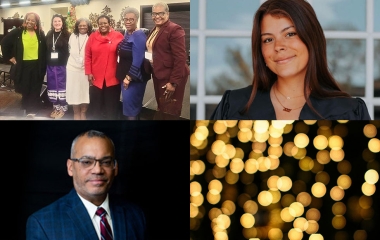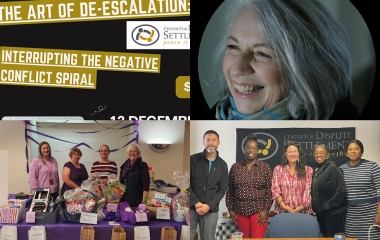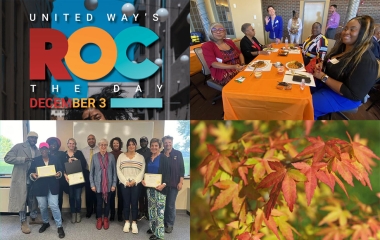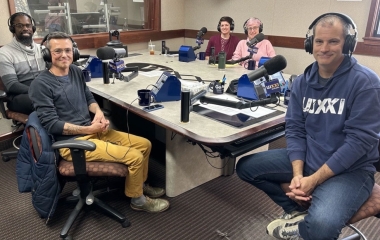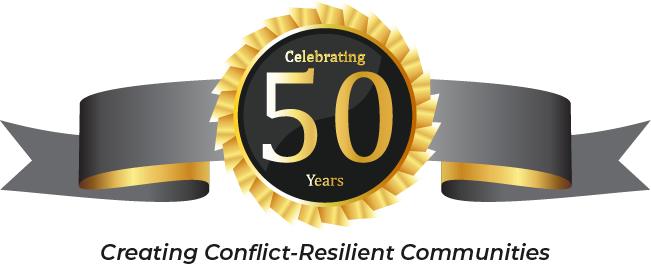Medicine for Hate: A Restorative Response with Dominic Barter
Dominic Barter plans to discuss the dynamics of hate in society and apply the intelligence of nonviolence to transform individuals and groups to continue to live together in harmony.
Tuesday, July 17 | 7-9pm
Living World Temple of Restoration
219 Stenson Street, Rochester, NY 14606
Barter, a 20-year pioneer of Restorative Circles in Brazil and an international reference for his work in restorative justice, will be in Rochester on July 17 at Living World Temple of Restoration. Sponsored by the Gandhi Institute and Center for Dispute Settlement. A $10 per person donation is requested, but no one will be turned away for lack of funds. The event will focus on restorative practices as a tool to address hate and explore how conflict engagement supports transformation.
Smriti Jacob, a volunteer at the Institute, spoke with Barter in Rio this week, to preview his upcoming discussion. Here is an edited version of their conversation:
JACOB: What are you going to talk about and why do you think it’s important to talk about it today?
BARTER: We’re going to talk about ways in which dynamics of hate in society; dynamics of conflict that haven’t had the space to express them in productive and transformative ways have become an increasing part of our daily discourse, and how they’ve entered into the sense of ourselves and into our relationships with whom we most love, with our neighbors, and with those people who are newly our neighbors, who perhaps we don’t recognize as having shared behavior. Often we confuse behavior with underlying values and how those have crept into our social, political, our collective lives. (We will) look at what’s going on there and how the intelligence of nonviolence can help us to decipher what our current social moments are and how they can be transformed so we can continue the journey of learning how to live with each other and find evermore increasing richness in our diversity.
JACOB: How do we communicate the benefits of dealing with hate to communities at large? Are people willing and open to this?
BARTER: There are increasing numbers of people who are open to do this, but a lot of us come to these issues through a somewhat painful journey of simply finding that the tools that we’ve been given as part of our community heritage most recently are not keeping track with the increasing complexity of our lives. Technology has enabled all these extraordinary things; such as travel around the world, and now communication at a distance and the immense enormous speed at which we are talking to each other. The language forms and expectations and the relationships that we have, often struggle to be able to include all these new different elements that leaves us having a balanced life of all these different subjects and not being exclusively focused on one subject or being overwhelmed with stimuli and news coming in.
I have indeed encountered a lot of questions around the consequences of looking at conflict and relationships through nonviolence and I’m incredibly grateful that I’ve received this critical look. I think it’s still a very young science and there’s a great deal that we still don’t know and there are some really, really immense, sometimes very dangerous questions that we need to look at the viability of our way of living and our way of organizing the world. So these are huge subjects and people will feel very passionate about them and that passion will look like antagonism when actually what it is is just people care very, very deeply about what it is that we’re talking about, so being able to recognize the gift that is the people’s passion for the subject. (It) is very, very important that we’re not going to throw in the cards very early and say ‘Oh that person is raising their voice or they’re using words that I don’t like so therefore their argument is not very interesting or isn’t valid or I’m not going to listen to them anymore.’ One of the things that’s necessary that I found, in order to have these conversations, and not just have the conversations, but actually put some of these practices in our life and social policy is to toughen up our ability to really hear people’s message behind their words and not really worry too much about how they express themselves.


